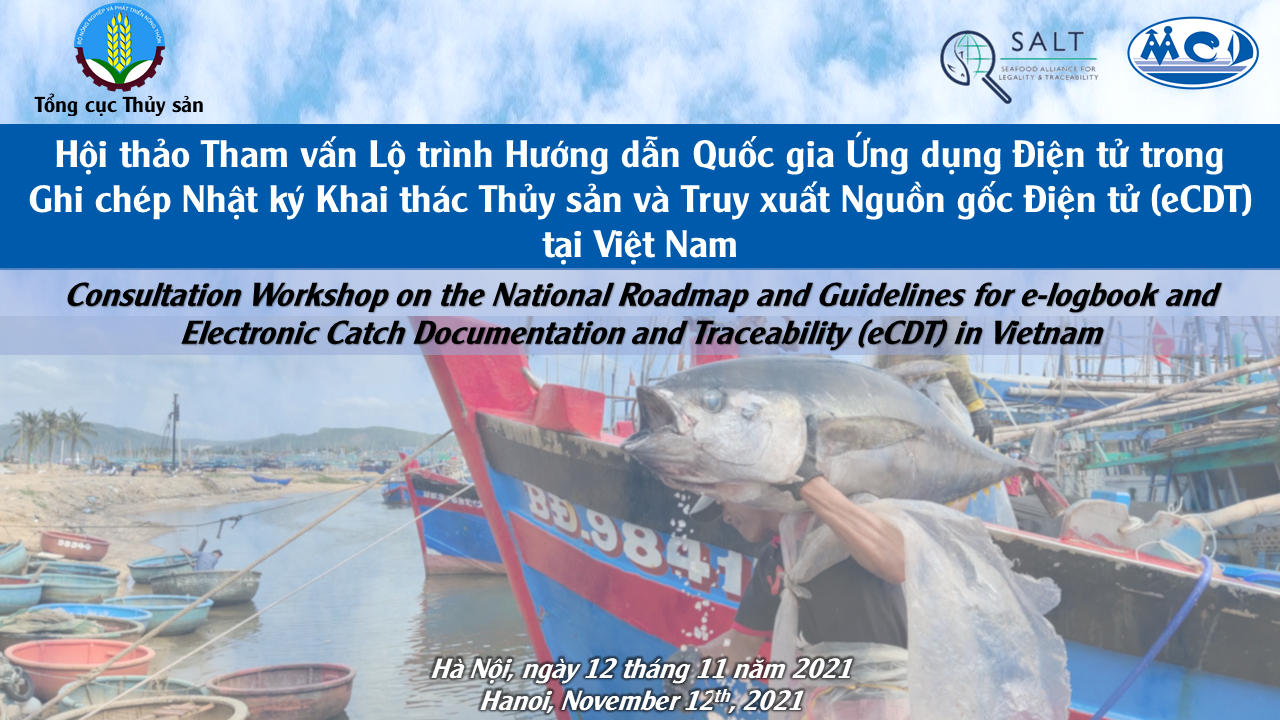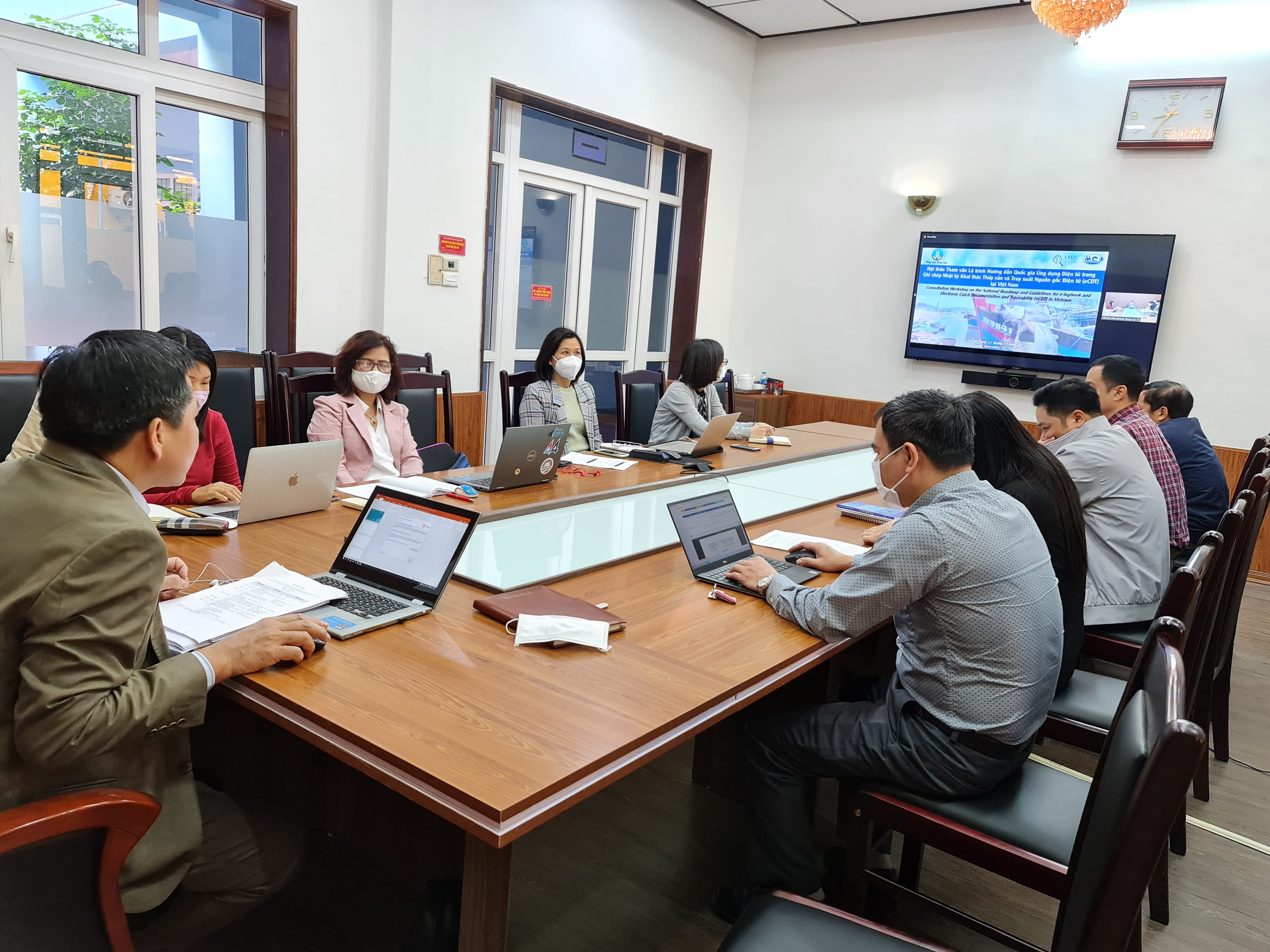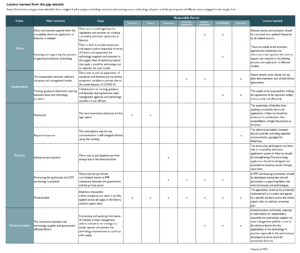
SALT Grantee Final Update: Consultation Workshop on the National Roadmap and Guidelines for e-logbook and eCDT in Vietnam
From 2020 to 2021, SALT partnered with Vietnam’s Marinelife Conservation and Community Development (MCD) to conduct learning events and knowledge capture to inform Vietnam’s National Guidelines and Roadmap for electronic catch documentation and traceability (eCDT). In collaboration with the Department of Fisheries (DFish) and sub DFish in Binh Dinh province, MCD conducted pilot projects to understand the challenges and motivations when implementing seafood traceability systems.

Improving Data Collection to Combat IUU Fishing
Implementing traceability systems on a national scale requires multi-stakeholder collaboration, a clear roadmap, and government’s strong will. In September 2021, Vietnam’s prime minister requested his government’s ministries and agencies to take action to end IUU fishing by the end of 2021 to lift the European Commission’s yellow card.
In order to improve the data collection at sea—the first and the most complicated step in supply chain data collection—DFish has been working to implement e-logbook systems nationwide.
The pilot projects that the DFish and MCD conducted in 2020 captured the challenges and motivations for implementing e-logbook and traceability systems from stakeholders such as ship owners, fisheries management officers, the fishing port management board, and the middle(wo)men.

Lessons Learned and Next Steps in Vietnam
To discuss the key findings from the pilot projects, MCD hosted a consultation workshop with support from DFish to discuss the roadmap and guidelines for e-logbook and traceability. Over 40 government, NGO, and industry representatives attended the workshop.
During the workshop, attendees discussed results and lessons identified from pilot projects in several provinces in Vietnam, including MCD’s pilot project with tuna vessels in Binh Dinh province. The pilot projects proved that fishers can fully adapt to electronic applications (e-logbook) with appropriate support and regulatory frameworks, such as implementing devices and guidelines, capacity building workshops, and coordination of local fisheries management agencies and technology solution providers.
Several limitations and gaps were identified from e-logbook pilot projects, including communication among actors, technology adoption, and the participation of different actors engaged in the supply chain.

Click here to view this table on full screen.
For a general conclusion of the workshop, the Director-General of DFish, Mr. Tran Dinh Luan, affirmed that implementing electronic traceability is essential for Vietnam’s seafood supply chains. As a first step, the DFish plans to issue “The National Standards for e-logbook Guidance for the eCDT System” by the end of 2022, which primarily focuses on providing a framework for e-logbook implementation.
The DFish and fisheries organizations plan to continue piloting e-logbook systems to expand this effort on a national scale. Meanwhile, DFish will continue coordinating with related parties, such as businesses, technology providers, fisheries organizations, and NGOs, to support the capacity building of fishers to implement the technology.
MCD progress as SALT small grantee
Last but not least, SALT appreciates MCD’s expertise and ability to facilitate multi-stakeholder collaborations to continue moving the conversation forward. Please watch the video clip submitted by MCD, which summarizes the amazing work they completed during 2020-2021! Cảm ơn bạn!
